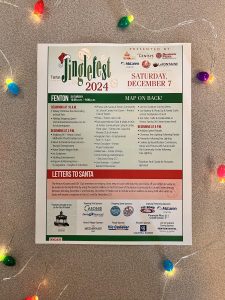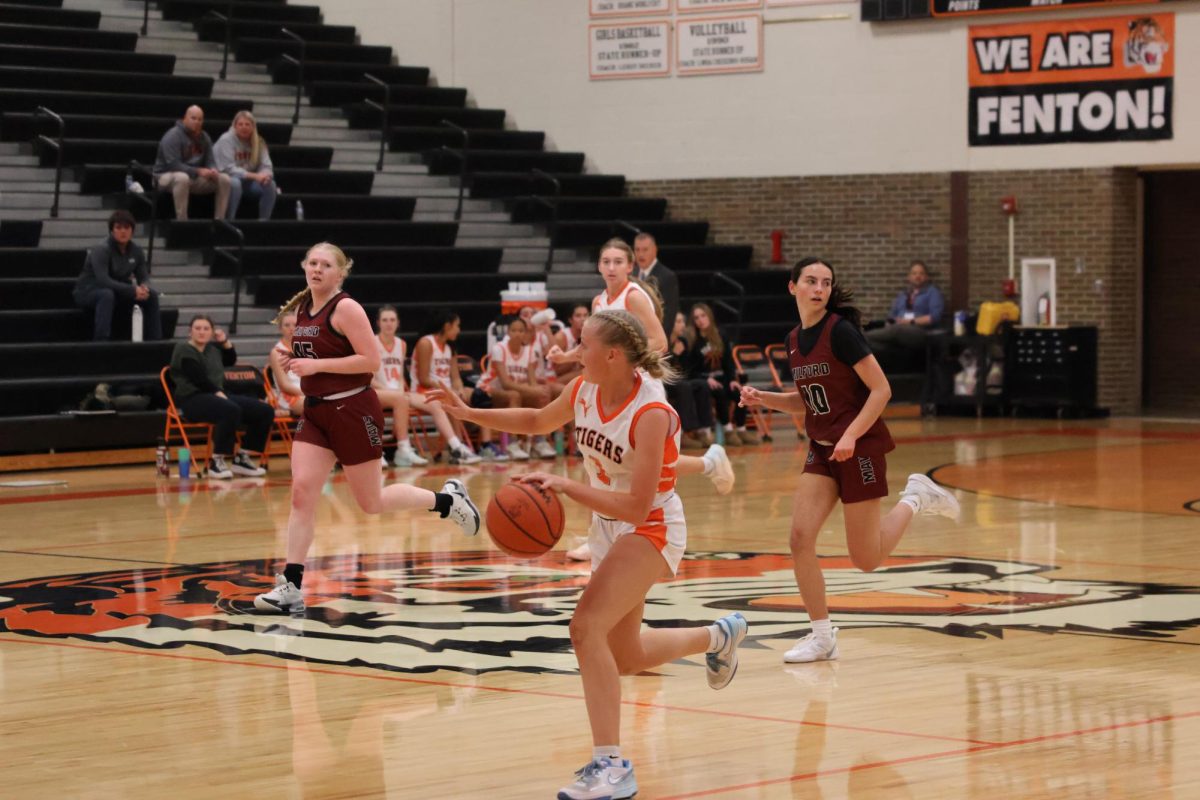Weekly Alateen meetings are provided for students being brought down by substance abuse
January 3, 2015
With a current population of about 317 million in the United States, a shocking 8 million of the sum are substance abusing parents. Due to the presumably mature and legal nature of the circumstances, these cases are often overlooked even though parental substance abuse is statistically a fast-track to neglecting children.
According to the National Council on Child Abuse & Family Violence, children whose parents abuse alcohol are three times more likely to be abused and four times more likely to be ignored.
For those who fall victim to loved ones’ choices, there is an anonymous support group in the school designed for those who are currently suffering from addiction or simply watching one around them. By definition Alateen is a fellowship of young Al-Anon members, usually teenagers, whose lives have been affected by someone else’s drinking.
“A typical Alateen meeting starts during the first half of the first SRT every week. The kids come in, as well as an outside sponsor of Alatine and the Alateen extension of the program,” counselor Vicky Russell said. “Students have a chance to talk about anything they want and how things are going, coping wise, with their own personal or others addictions and the toll this takes on them. It’s a very open and trusted environment.”
The groups effectiveness relies upon the upholding the Twelve Traditions of Alateen. One of the most vital of these traditions is anonymity, which leads to the trumping of personality by principles.
“It’s important because this shows the kids they are not alone and they are not the only ones going through this,” Russell said. “It gives them a safe place to talk about it where no one is judging them.”
Rather than venting to a trusted friend, Alateen meetings utilize a structured set of steps to help those struggling. Although this form of expression may offer a temporary relief, the on-going enlightenment of coping strategies Alateen members are exposed to is more likely to provoke progress.
“The difference between just seeking support from a friend is that the program is based on the 12 steps of Alcoholics Anonymous, so it’s a kind of tried and true program that’s been around for about 75 years,” Russell said. At Alateen, you can learn to focus on things you can do and how to be as happy as you can be despite your surroundings. Along with having the same type of listening a friend would offer.”
Included in the helpful structure is the idea that speaking to those under the same or similar circumstances rids of any shame and provides a sense of strength in place of feeling alone or hopelessness.
“Alateen helped me realize that what my parents have done is not my fault and shows you that there are other kids with the same problems as yours,” an Alateen member said. “The best part about the meetings is knowing your secrets will not be shared outside the group and the unity of everyone.”
Alateen provides a new outlook through coping mechanisms and the support of others as members deal with the toll of a loved ones’ drinking or drugging. The highly regarded idea of unity in the group has been professed by those involved to be extremely moving. Attendance is encouraged by members and leaders of the group.
“I’ve seen many kids show remarkable changes after attending the Alateen meetings.” Russell said. “It really shows the kids that there still is a way to turn your life around and succeed despite your unfortunate circumstance.”







